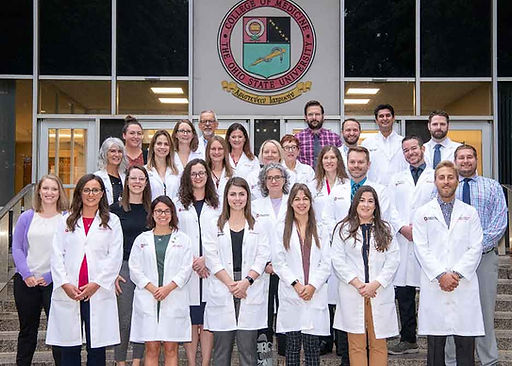Symptom Management
What is Palliative Care?
Symptoms such as pain, fatigue, nausea, and shortness of breath can notably impact our mood. Palliative care (pal-lee-uh-tiv) is care devoted to the relief of suffering. Palliative care aims to improve the quality of life of patients and families. Patient comfort and family support are primary goals of palliative care. Palliative care is usually provided by a team that includes physicians, nurses, social workers, psychologists, and chaplains to meet the multiple needs of families with serious illness. Some services provided by palliative care teams include:
-
Relief of physical suffering such as pain, constipation, nausea/vomiting, and fatigue, including side effects of treatments
-
Attention to emotional and spiritual needs of patients and their families
-
Communication support—helping patients and families to navigate medical systems to better meet their needs
-
Continuing support for families who experience loss, including grief support and education
%20Palliative-Medicine-Team.jpg)
How is palliative care different from hospice?
Palliative care can be provided at any point in an illness— including at diagnosis. Palliative care can be continued for as long as a person needs it. Palliative care can be offered AT THE SAME TIME as curative treatments. Hospice care has similar goals and is also provided by a team of professionals. However, hospice care is typically provided to terminally ill individuals—those who are no longer seeking treatments to cure cancer. Both types of care can usually be provided in the hospital, in a nursing home, or at home.
Symptoms - Patient Perspectives
In this video, John, Donn, Brooke, Allie, Lisa, and Sharla discuss their experience with cancer symptoms.
Pain Management - What you should know?
Pain is a common problem among people living with cancer, but is controllable for most patients. Sometimes it takes time to find the best possible combination of treatments to manage pain. Pain is best managed with a combination of medication and non-medication techniques.
Many people suffer needlessly due to their fear of using pain medications. You need to understand the difference between dependence, tolerance, and addiction.
Dependence occurs for most patients taking pain medications regularly. Dependence means that your body comes to depend on the medication and if you decide to discontinue the medication, will require that you gradually reduce the medication over time to prevent problems with physical withdrawal.
Tolerance occurs when a person needs more medication to provide the same relief they once experienced with a lower dose. This can be overcome sometimes by switching to another medication. It is essential to understand that you will not become immune to pain medications when needed most. There are several different kinds of pain medications, each with different effects.
Addiction to pain medications is rare among patients using pain medications for cancer pain control. Approximately 85% of patients taking medications for cancer-related pain will not become "addicted." With addiction, patients are no longer using medications for pain control, but are using them for non-pain reasons. Only 15-20% of people taking pain medicines for cancer-related pain demonstrate signs of psychological addiction. Most often, people who do experience addiction to pain medications, have identifiable risk factors such as prior drug abuse, trauma, and difficulties with impulse control more generally.

Side Effects of Pain Medications
Pain medications may cause drowsiness, nausea, or itching when a patient first uses them. However, these side effects usually disappear after a few weeks. The only side effect that may persist is constipation. Be sure to talk to your doctor or nurse if you are not able to have a bowel movement or your pain is not relieved with your current treatments.